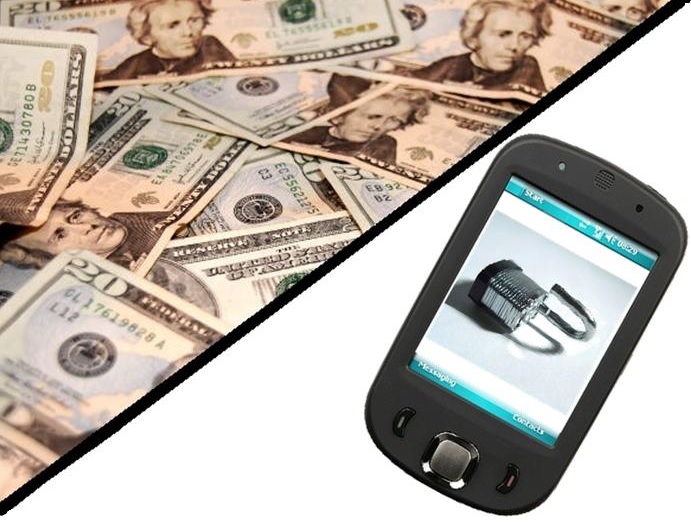Despite the fact that there have been many high profile cases of cyber attacks, apps remain vulnerable.
A recent study conducted by Bluebox has shown that virtually no travel apps have gone to the extent of adding encrypted data to protect them from mobile security breaches, and several are made with vulnerable code.
Even though there have been countless cyber attacks in recent headlines, added security hasn’t become a priority.
The attacks to companies as large as Target and Ashley Madison could have acted like a mobile security wake up call, but it’s clear that this has not been the case. Even though the evidence is strong that mobile app security is important to consumers, and there is great concern about hacks among companies and individuals, alike, app developers don’t seem to be building it in. Bluebox, a mobile app security and analytics company has conducted an analysis that has shown that the average person is surprisingly vulnerable to hacking through mobile devices.
The focus on the mobile security study was primarily on travel apps, which showed considerable holes.
 Among 10 top Android travel apps, Bluebox found that only one of them had encrypted the data that it was storing on the user’s device. Among 10 of the top iOS travel apps, there wasn’t a single one that had encrypted the data stored on the device. Furthermore, only 2 out of the 10 Android apps that were analyzed and only 1 of the 10 iOS apps analyzed had used certificate pinning. Bluebox explained that certificate pinning is “a key capability for securing app data in transit.”
Among 10 top Android travel apps, Bluebox found that only one of them had encrypted the data that it was storing on the user’s device. Among 10 of the top iOS travel apps, there wasn’t a single one that had encrypted the data stored on the device. Furthermore, only 2 out of the 10 Android apps that were analyzed and only 1 of the 10 iOS apps analyzed had used certificate pinning. Bluebox explained that certificate pinning is “a key capability for securing app data in transit.”
The lead security analyst at Bluebox Security, Andrew Blaich, explained that among the most important activities of a mobile app is to ensure that it is encrypting data that is written. He also pointed out that “We also want to make sure that the data is not easily accessible at all.” Of all the apps that were analyzed in this study, only one of them had actually employed data encryption.
That said, it was pointed out that in that instance, this mobile security step was “hard-coded into the source code,” which means that it would still be simple for someone to decrypt the data from the source code.

 According to the Gartner technology research group’s projections, over the next four years, m-payments will experience a 35 percent average annual growth rate, which will send the number of users to around 450 million, and the amount of spending over this method up to $721 billion by 2017. In North America, alone, there is expected to be a growth rate of 53 percent, this year, so that by the end of 2013, it will have reached $37 billion, when compared to last year’s $24 billion. This is positive news for that industry, but also represents a growing
According to the Gartner technology research group’s projections, over the next four years, m-payments will experience a 35 percent average annual growth rate, which will send the number of users to around 450 million, and the amount of spending over this method up to $721 billion by 2017. In North America, alone, there is expected to be a growth rate of 53 percent, this year, so that by the end of 2013, it will have reached $37 billion, when compared to last year’s $24 billion. This is positive news for that industry, but also represents a growing 